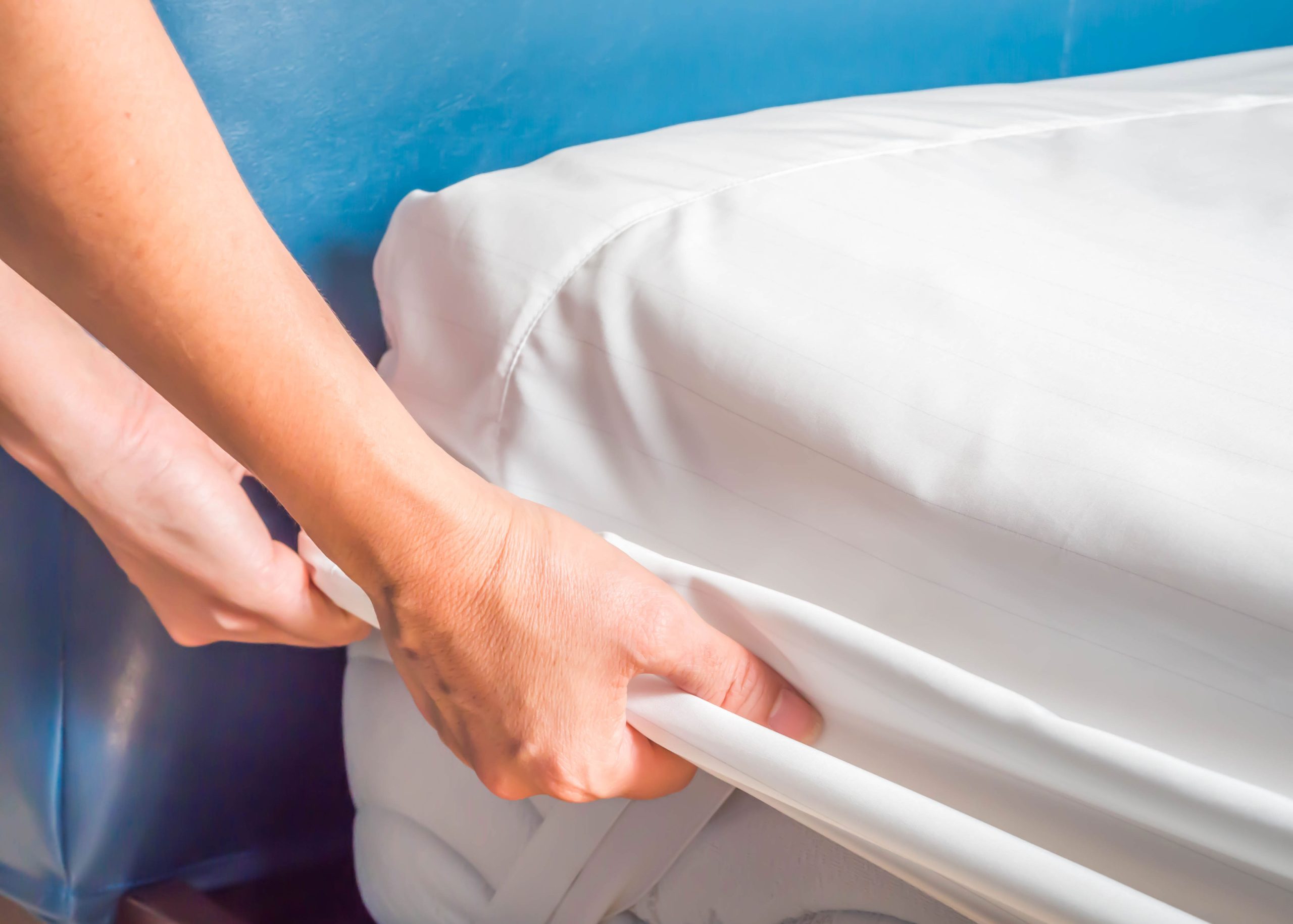
Bed Bugs In Hotels: A Guided Action Plan
Bed bugs in hotels can cause significant stress and discomfort for hotel guests. The presence of these parasites can make a stay unpleasant, but also lead to costly treatments to prevent their spread. As such, it is imperative for hotel guests to be aware of the risks associated with bed bug infestations. In order for travelers to protect themselves from potential exposure to bed bugs in hotels, it is imperative for guests to be aware of the signs and preventative measures that can reduce their risk. Knowing what to look out for and taking proactive steps can ensure a safe and enjoyable stay at any hotel.
How to identify bed bugs
Bed bugs are small, parasitic insects that feed on sleeping people and animals' blood. They are typically reddish-brown in color and about the size of an apple seed. Bed bugs have oval-shaped bodies, long antennae, and short wings that allow them to move quickly. When viewed closely, a bed bug resembles a tick or a small cockroach. The presence of bed bugs can be identified by several signs, including tiny black spots on bedding or furniture. Bed bugs also produce an unpleasant odor in infested areas that is often described as sweet and musty. In addition to these physical signs of an infestation, many people report experiencing itching or other skin reactions after coming into contact with bed bugs.How do bed bugs spread?
Bed bugs spread most commonly through human contact. Whether it's through clothes, pets, or luggage, bed bugs can easily be transported from one location to another. These tiny creatures hide in small cracks and crevices, making them difficult to spot until an infestation exists. Once in another location, they look for warm-blooded hosts to feed on. Bed bugs can also spread through the air and the environment around us. Bed bug eggs float through the air and land on mattresses and other furniture. This type of transmission is harder to detect since there are no visible signs of an infestation until the eggs hatch. This makes checking for bed bugs in hotels more vital!Preventative measures for bed bugs in hotels
The first step is to create a policy that requires employees and guests to check their belongings for bed bug infestation signs. Employees should also be trained on how to recognize bed bug activity signs and what steps they need to take if they find any evidence of an infestation. Hotels must create a plan for dealing with bedbug-infested materials. This plan should include protocols for disposing of infested items, such as furniture, linens, and clothing. It should also includeprocedures for cleaning the affected areas and preventing further contamination. In addition, hotels should consider investing in professional pest control services that specialize in treating bed bugs. When guests are informed about how to protect themselves from bed bugs in hotels, they will stay vigilant in protecting themselves and other guests from this nuisance pest.The process of treating and eradicating bed bugs in hotels
Treating and eradicating bed bugs in hotels is complex. Effective treatment methods involve an integrated approach, incorporating:- Chemical insecticides - Pyrethroid-based insecticides kill adult bed bugs and their eggs.
- Vacuuming and steaming - A thorough room cleaning should also be performed before application. It is imperative to read the labels carefully when using chemical insecticides because certain products may not be suitable for use in hotels.
- Careful monitoring post-treatment - Bed bug activity can be monitored through visual inspections, trapping devices or detection dogs trained to detect their presence. Hotel staff should continue to inspect rooms routinely after treating for bed bugs to ensure any new infestations are detected early and treated promptly.
Tips for protecting yourself
When traveling, it is imperative to know the possibility of bed bugs in hotels and other lodgings. Taking precautions can reduce the risk of infestation.- Start by researching the hotel before booking. Please inspect your room upon arrival for bed bugs. Look for small dark spots on mattresses, sheets and upholstery as well as eggs or larvae.
- When unpacking, keep luggage off the floor and away from walls where bed bugs may hide. If possible, store suitcases in a bathroom where there is no furniture or beds that could contain bugs.
- Wash all clothing in hot water and dry on high heat before storing them in sealed bags or containers away from other items in your closet or drawers. Vacuum luggage thoroughly and store them away from living areas until washed and sanitized properly.